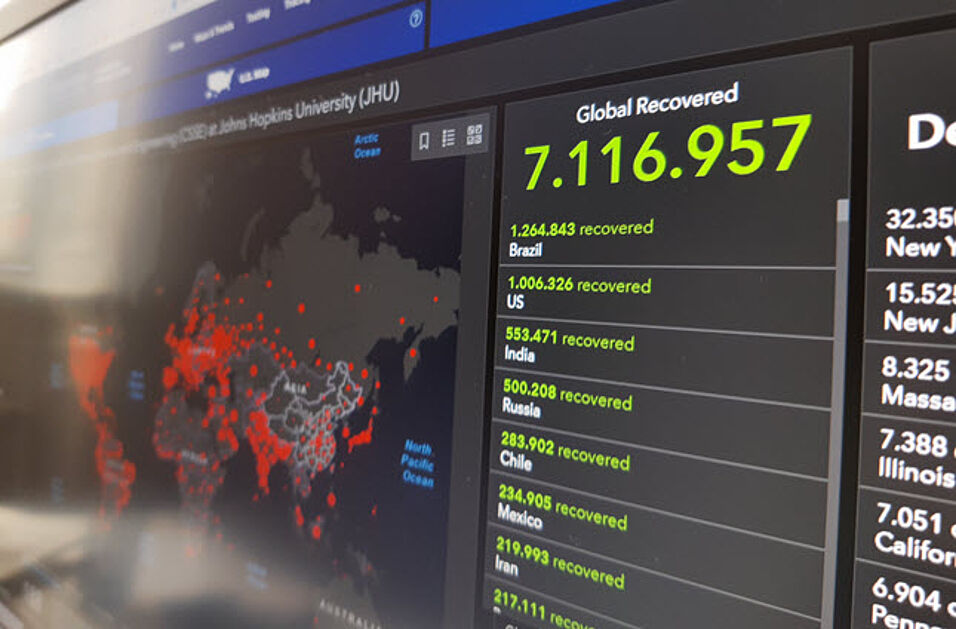In light of the pandemic, researchers around the world are sharing their scientific data with colleagues in order to find solutions together. This is a challenge for all disciplines because it is not only about understanding the corona virus, but also about studying the social and economic impact of the pandemic. For example, since the beginning of the crisis, numerous socio-scientific studies have been started in Austria and extensive data have been collected, dealing both with the spread of the virus and with the social consequences. Numerous researchers have agreed to share their data on projects that are still ongoing or have already been completed.
Current findings, published quickly
In order to make these highly up-to-date data available to the scientific community as fast as possible, with the support of the Federal Ministry of Education, Science and Research (BMBWF), AUSSDA has started the project COVID-19 Data Fast Track Publishing.
In this way, it is possible to make COVID-19 data available on AUSSDA in a fast track process. The AUSSDA team evaluates the data of relevant studies in a shortened review process and can publish the data as pre-releases as required, independent of the usual data entry process of the archive. This has the advantage that the community can access the most up-to-date (survey) data during the crisis, even if, for example, documentation is still incomplete. This can then be updated in a later edition. Thus, AUSSDA fulfills the the Research Data Alliance's guidelines for sharing COVID-19 data.
Austrian data available worldwide
Social science data on COVID-19 studies are collected in the specially established COVID-19 Pandemic Dataverse in the AUSSDA repository. AUSSDA has thus created a central collection point for COVID-19 studies in Austria, which are available to researchers worldwide and can be searched in the CESSDA Data Catalogue thanks to standardized metadata. The data hub includes the prevalence studies on the distribution of COVID-19, commissioned by the BMBWF and carried out by SORA and Statistik Austria, as well as the Austrian Corona Panel, carried out by the University of Vienna. The latter has been regularly surveying mood, attitudes, behaviour and information of the population regarding the corona crisis since March.
The first studies are already available in the AUSSDA Dataverse, more will follow in the upcoming weeks.

